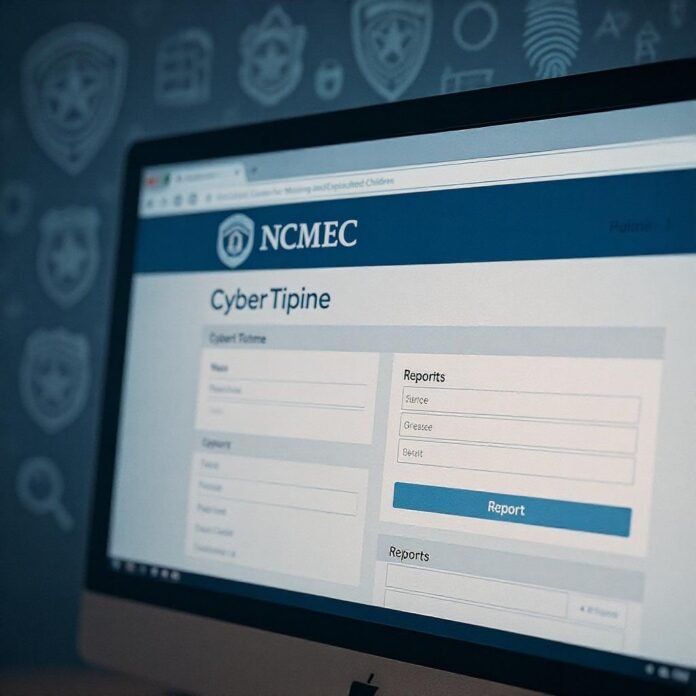On June 9, 2025, law enforcement in and around Red Hook, NY, executed a coordinated operation resulting in the arrest of Norman A. Lopez Lorenzo, 36, on serious child exploitation charges. The arrest was the outcome of a collaborative investigation led by the Rhinebeck Bureau of Criminal Investigation with the assistance of New York State Police Troop K Computer Crimes Unit, the Internet Crimes Against Children (ICAC) Taskforce, and the U.S. Department of Homeland Security.
Incident Overview
The investigation was initiated following a cyber tip received by the National Center for Missing and Exploited Children (NCMEC). Acting as the primary intelligence hub for reports of child sexual exploitation, NCMEC’s CyberTipline forwarded information that prompted an in-depth search at Lopez Lorenzo’s residence. During the raid, investigators allege that Lopez Lorenzo not only possessed images consistent with child sexual exploitation but also attempted to destroy evidence, actions which led to additional charges.
Arrest and Charges
Norman A. Lopez Lorenzo was charged with the following offenses under New York law:
-
Possession of an Obscene Sexual Performance by a Child: This charge pertains to the possession or control of any performance depicting sexual conduct by a minor that is deemed obscene. In New York State, this is classified as a Class E felony, carrying severe penalties including imprisonment and mandatory sex offender registration.
-
Obscenity in the Third Degree: Involving the promotion, production, or possession of obscene material with intent to distribute, this offense is considered a Class A misdemeanor in New York, subject to potential jail time or probation.
-
Tampering with Physical Evidence: Allegations also indicate that Lopez Lorenzo attempted to alter or destroy physical evidence during the ongoing investigation, an act defined as a Class E felony under New York law.
Investigation Details
The case underscores the significance of digital intelligence and the role of cyber tips in modern law enforcement. The NCMEC CyberTipline is a central system designed to receive and process reports from the public and electronic service providers regarding suspected child sexual abuse materials. Upon review, actionable tips—such as the one that led to this case—are rapidly disseminated to specialized teams.
The New York State Police Troop K Computer Crimes Unit provided critical technical expertise in examining digital devices and uncovering evidence that corroborated the allegations. Likewise, the ICAC Taskforce, known for its multi-agency approach, played an essential role by integrating cyber intelligence with on-ground investigations to track and apprehend persons engaged in online child exploitation.
Legal Process and Subsequent Actions
Following the arrest, Norman A. Lopez Lorenzo was transported to the State Police Rhinebeck station for processing. He subsequently appeared in Red Hook Town Court, where he was arraigned on the aforementioned charges. The court granted his release under strict conditions supervised by the Dutchess County Probation Department. This form of release requires regular monitoring and adherence to prescribed conditions, ensuring that any potential risk to the community is mitigated while legal proceedings continue.
Multi-Agency Collaboration
The coordinated response in this case highlights the critical cooperation between federal, state, and local law enforcement agencies. The combined efforts of the Rhinebeck Bureau of Criminal Investigation, Troop K Computer Crimes Unit, the ICAC Taskforce, and the Department of Homeland Security demonstrate the effectiveness of interagency collaboration, particularly when leveraging modern digital intelligence methods. This teamwork is vital for addressing the evolving challenges of cybercrime and child exploitation in a rapidly digitalizing world.
Authorities continue to investigate the extent of Lopez Lorenzo’s activities. The case remains ongoing, and anyone with additional information regarding these allegations is encouraged to contact local law enforcement or submit tips through the NCMEC CyberTipline.



